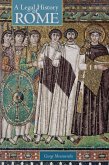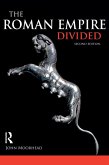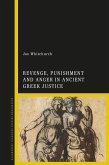How did the division of power work in Ancient Greece? This groundbreaking study reveals Ancient Greek political decision-making to be a multi-layered system of delegation and legal control. Scholars have previously examined the nature and locus of sovereignty in the Classical and Hellenistic Greek poleis through institutional, rhetorical, or ideological approaches. By concentrating on the institutional design of decree-making, Alberto Esu moves beyond unitary and hierarchical understandings of sovereignty; he presents a new view of power as divided and horizontally organized between different decision-making institutions, each one with its own discourse and expertise. Greek political decision-making is thus seen through a new institutionalist perspective that rediscovers the normative importance of political institutions as factors shaping the collective behaviour of decision-makers. Part I explores how deliberative power in decree-making was delegated in Classical Athens, Mytilene, and Hellenistic Megalopolis. Part II examines procedures of legal control and judicial review in the Classical and Hellenistic periods. Divided power proves to be a feature of both democratic and non-democratic societies across the Ancient Greek world; Esu's analysis of its institutional manifestation transforms our understanding of political life--its discourses and norms--in the Ancient Greek city-states.
Dieser Download kann aus rechtlichen Gründen nur mit Rechnungsadresse in A, B, BG, CY, CZ, D, DK, EW, E, FIN, F, GR, HR, H, IRL, I, LT, L, LR, M, NL, PL, P, R, S, SLO, SK ausgeliefert werden.









